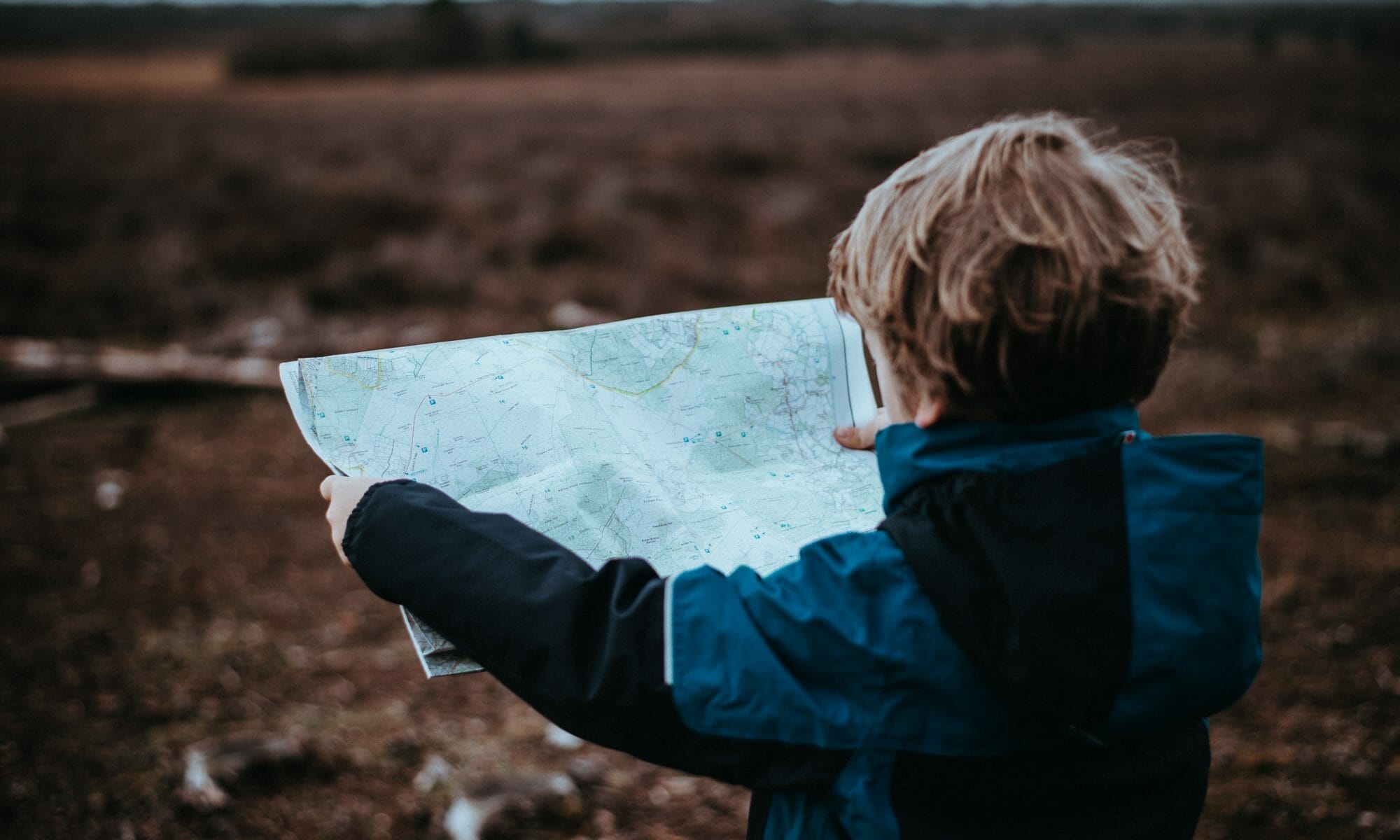Your child’s success depends a lot on their education, and as a parent, you care deeply about this. When a new partner comes into the picture, things can get tricky, especially with school. If your new partner seems to be stepping in too much, they might just be unsure of their role.
Let’s explore how to make this transition easier and keep everyone on track.
Communication with a Capital “C”
The first step to building a strong foundation for your new family and avoiding conflicts is open and honest communication. If decisions about your child’s education are causing tension, it’s important to sit down with your partner and talk about your concerns and expectations. Listening is crucial too. When you really listen to each other, you might discover that you both share the same values and goals for your child’s education. Often, conflicts arise from not knowing who should take the lead on educational matters and who should support.
Defining Your Partner’s Role
It’s also important to discuss with your partner what their role should be in your child’s education. Let them know you appreciate their ideas but prefer to make the final decisions about schooling. Instead of taking charge, they can offer guidance and support. When stepparents are involved and supportive, they can greatly help the family without causing power struggles. Power struggles only make the home stressful and can harm your child’s well-being. A calm and supportive home environment helps your child enjoy learning and strengthens the bond between the stepparent and the child.
Plan Fun Learning Activities with Your New Partner
Learning isn’t just about school and grades. A stepparent can make learning fun by doing enjoyable and educational activities together outside of school. These activities are great for bonding and help create a stronger relationship between the stepparent and the child. Here are some ideas you might enjoy:
Outdoor Learning and Exploration:
If your new partner loves the outdoors, they can help introduce your child to nature and its many wonders. You and your child can join in on outdoor activities together. Going hiking, birdwatching, or exploring local parks can teach your child a lot about the environment. For example, hiking can show them different types of plants and animals, while birdwatching can help them learn about various bird species and improve their observation skills. Exploring parks can also teach them about conservation and why it’s important to protect natural areas. These activities can help your child appreciate nature and understand things like ecosystems, biodiversity, and caring for the environment.
Skill Development through Sports:
If your partner is good at sports or physical activities, they can teach your child valuable lessons beyond just physical fitness. For instance, if they know tennis, golf, or another sport, they can teach your child the game and important life skills like discipline, teamwork, and perseverance. Sports involve goal-setting, strategic thinking, and problem-solving, which help with cognitive development and personal growth. Playing sports together can also strengthen the emotional bond between your partner and your child.
Creative and Artistic Engagement:
When your new partner loves art or music, it can lead to wonderful experiences that help your child explore their own creativity. Going to see a play, listen to a band, or look at paintings together can open up a whole new world for them. Plus, getting creative at home – like painting, playing an instrument, or making something with their hands – can help them learn and grow in amazing ways. It’s not just about being good at art; it helps kids think creatively, listen better, and understand their feelings. And believe me, these skills are just as important as what they learn in school!
Interactive Educational Trips:
Taking educational trips with your kids and your new partner can be a lot of fun and very valuable. Going to places like museums, science centers, or zoos can help make learning more hands-on and exciting for your child. For example, a visit to a science museum can show your child how physics, chemistry, and biology work in a fun and easy-to-understand way. A trip to the zoo can teach them about animals, conservation, and the environment. History and technology museums can make those school subjects come to life and be more interesting. These trips can spark your child’s curiosity and help them see how what they learn in school connects to the real world!

